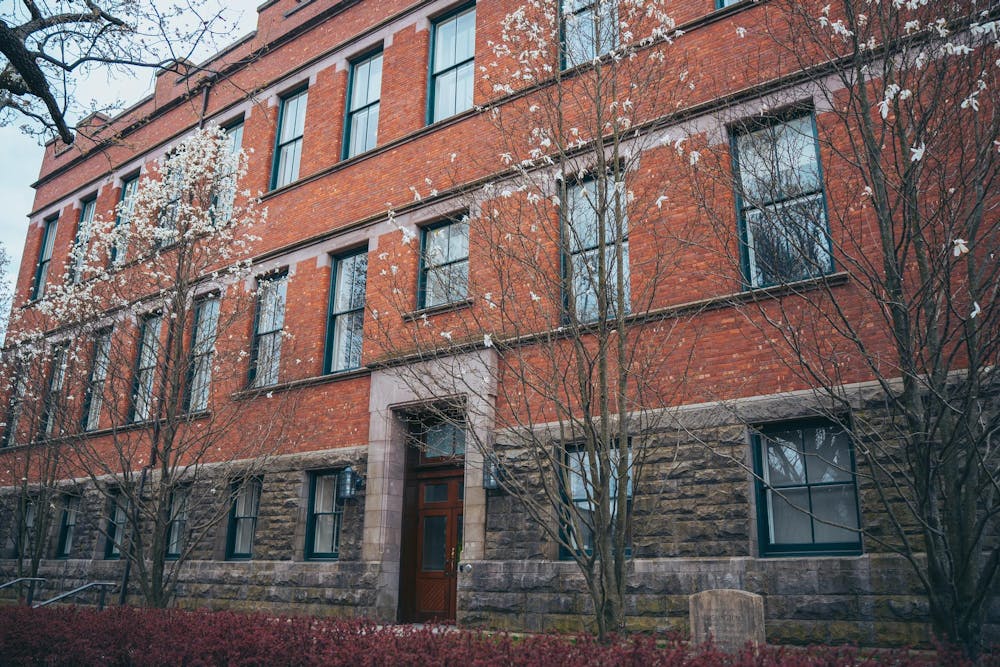Lea en español aquí.
In the wake of several executive orders from the Trump administration on immigration, new guidance from the University asks faculty and staff not to consent to searches from Immigration and Customs Enforcement (ICE) officers and to redirect them to the University‘s Office of General Counsel (OGC) and Department of Public Safety (DPS).
A frequently asked questions (FAQ) page from the University’s Office of Institutional Equity and Diversity updated in February provides general advice to faculty and staff members in case of various types of encounters with immigration enforcement officers, including searches and requests for information or documents.
In many cases, the guidance is similar: “Politely inform the officer or agent that you are not authorized to provide such documents, records, or personal information,” and contact the OGC and DPS.
The web page states that, “FAQs are provided for informational purposes only,” and are “not intended as a substitute for consultation with an attorney.” The page additionally indicates that it is “under review for updates.”
The update comes following newly re-elected President Donald Trump’s issuing of numerous executive orders, many of which aim to crack down on illegal immigration and reform the U.S. immigration system. The Trump campaign’s promise of mass deportations of immigrants living in the country illegally calls for a drastic increase in ICE raids. In July, under Biden’s administration, an ICE raid in Princeton resulted in one arrest.
The web page states that no “large-scale” ICE raids have occurred on Princeton’s campus to the knowledge of the University. However, a “Student and Exchange Visitor Program (SEVP) field representative” comes to campus annually, and United States Citizenship and Immigration Services conducts visits “periodically” for compliance reviews, according to the page.
The University was vocal in its support for the Deferred Action for Childhood Arrivals (DACA) policy, which was threatened during the previous Trump administration. DACA, established in 2012 by President Barack Obama, provides temporary protection from deportation to undocumented immigrants who came to the U.S. as children.

In 2017, Princeton, along with Microsoft and Maria Perales Sanchez ’18, filed a case against the decision to rescind DACA. The case, which eventually made its way up to the Supreme Court, argued that the rescission did not adhere to the Administrative Procedures Act (APA) and violated DACA recipients’ due process rights under the 5th Amendment. The Supreme Court sided 5–4 with DACA recipients.
Also on the FAQ page, University President Christopher Eisgruber ’83 outlined the University’s commitment to protecting DACA students.
“DACA is a wise and humane policy that has benefited this country in multiple ways … These young people deserve the opportunity not only to remain in this country, which for many is the only home they have known, but to be reassured that their devotion to this country is welcomed and valued,” he wrote.
Caitlyn Tablada is an assistant News editor for the 'Prince.' She is from New York, N.Y. and typically covers student life.

Nico David-Fox is an assistant News editor for the 'Prince.' He is from Washington, D.C. and typically covers University operations.
Please send any corrections to corrections[at]dailyprincetonian.com.








